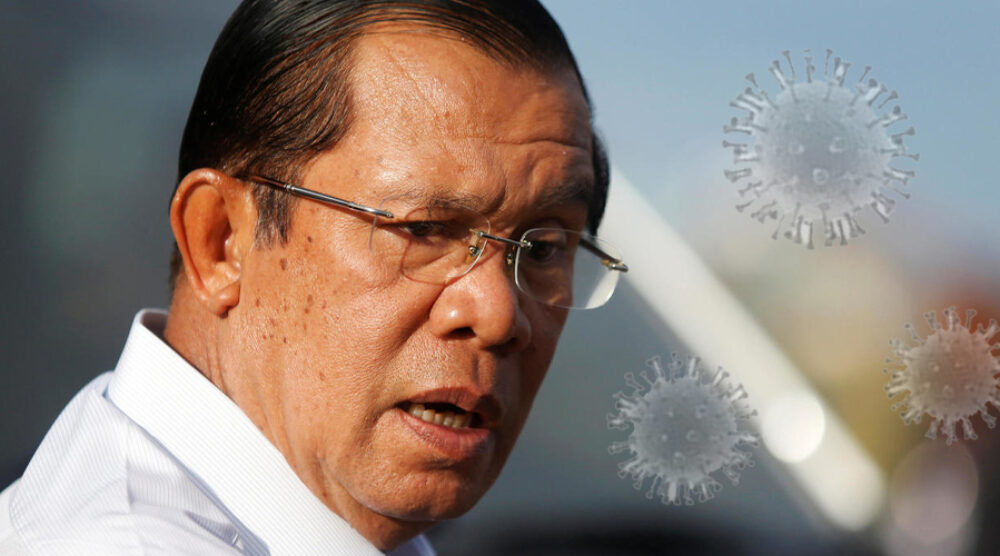The pandemic is making dictatorship clearer as faking credible elections gets harder.
For many dictatorships, COVID-19 is a moment of opportunity. The pandemic represents an auspicious invitation for autocrats, or aspiring autocrats, to gain, consolidate, or extend political power. In fact, it is difficult to find a dictator who has not taken advantage of this window of opportunity in some way. And yet, the pandemic threatens the very facade autocratic regimes have built to provide themselves a veneer of legitimacy.
The list of dictatorships that have taken advantage of this crisis is worryingly long. In Azerbaijan, Ilham Aliyev has used the coronavirus as a pretext to further target dissident groups. Last month, the office of the D18 Movement was closed by police because a gathering of four of its members was deemed a violation of coronavirus prevention measures. In Hungary, Viktor Orban was granted indefinite emergency powers by parliament. Among them are the rights to rule by decree, suspend existing laws, and punish the spread of “distorted truths” with imprisonment.
In Cambodia, Hun Sen used his control over parliament to push through open-ended laws granting the right to surveil all means of communication, prohibit the distribution of information, and utilize “other measures that are deemed appropriate for and necessary to responding to the state of emergency.” In Thailand, Prayuth Chan-ocha has invoked emergency powers that allow the civilian front government to censor or shut down any media outlets it deems necessary.
Please click here to read the full “Autocrats Are Finding Democratic Facades Hard to Keep Up” article published at Foreign Policy written by Griffith Asia Institute Researcher, Dr Lee Morgenbesser.








